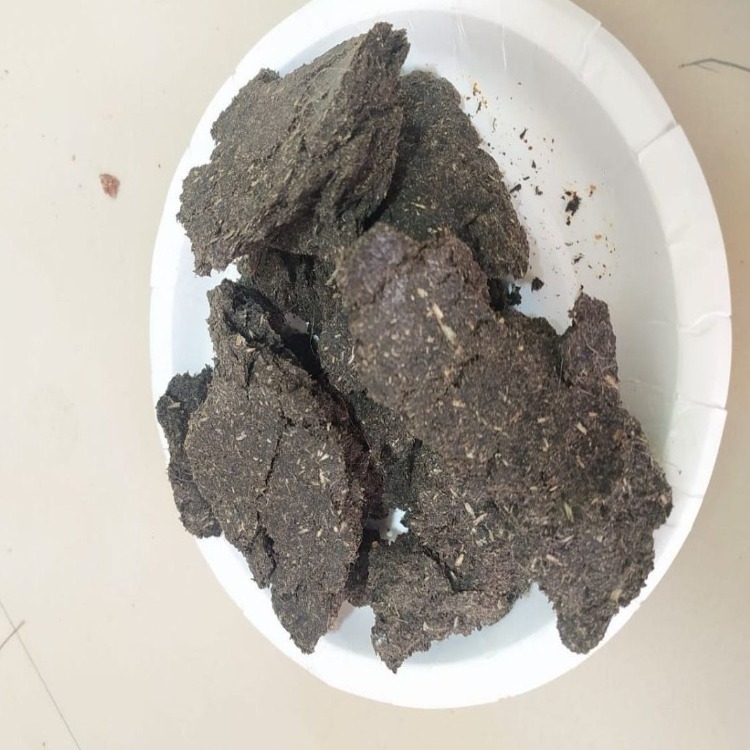De Oiled Peanut Groundnut
Price 23.0 INR/ Kilograms
De Oiled Peanut Groundnut Specification
- Shelf Life
- 1 Years
- Usage
- Food
- Grade
- Food
- Processing
- Blended
- Cultivation Type
- Common
- Use
- Cooking
- Purity
- high
De Oiled Peanut Groundnut Trade Information
- Minimum Order Quantity
- 10000 Kilograms
- Payment Terms
- Paypal, Cash Against Delivery (CAD)
- Supply Ability
- 10000 Kilograms Per Week
- Delivery Time
- 2 Days
- Main Domestic Market
- Punjab, Delhi, Haryana, All India
About De Oiled Peanut Groundnut
De-oiled Peanut Cake, also known as groundnut cake, is the solid residue remaining after the extraction of oil from peanuts (Arachis hypogaea). This byproduct is obtained through mechanical pressing or solvent extraction processes that remove crude peanut oil, leaving behind a nutrient-dense, fibrous cake commonly used as animal feed.
De-oiled peanut cake is highly valued in the livestock industry due to its rich protein content, typically ranging from 45% to 55%, making it an excellent source of protein for cattle, poultry, goats, and other farm animals. It also contains essential amino acids, carbohydrates, fiber, and residual fat, which provide energy and promote healthy growth and production in animals.
The cake has a characteristic nutty aroma and a coarse texture, which helps improve feed palatability. Additionally, it contains vital minerals such as calcium, phosphorus, and magnesium, contributing to balanced animal nutrition.
Because of its high nutritional value and digestibility, de-oiled peanut cake supports improved milk yield, weight gain, and overall health in livestock. It is often blended with other feed ingredients to create balanced rations.
Proper storage and handling are essential to prevent contamination by molds or mycotoxins, which can be harmful to animals. The cake should be stored in a dry, cool environment, protected from moisture and pests.
Beyond animal feed, de-oiled peanut cake can be used in organic fertilizers and soil conditioners, adding value to agricultural waste.
Overall, de-oiled peanut cake is a sustainable and economical byproduct that plays a vital role in supporting animal agriculture worldwide.
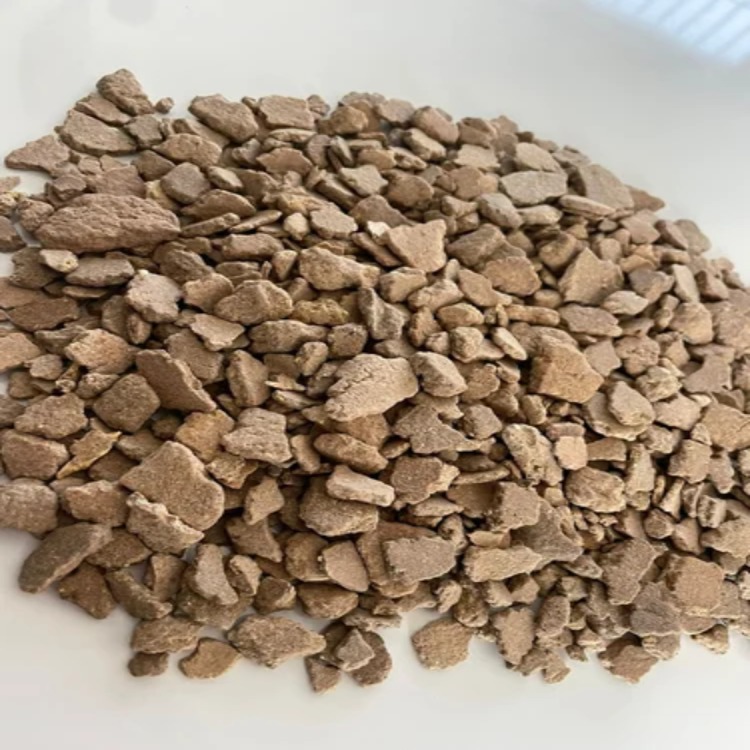
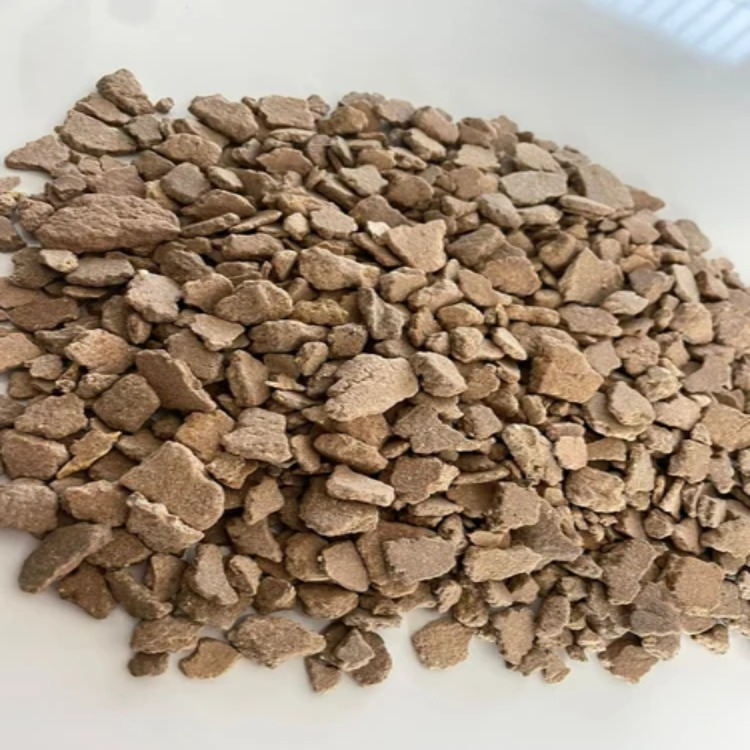
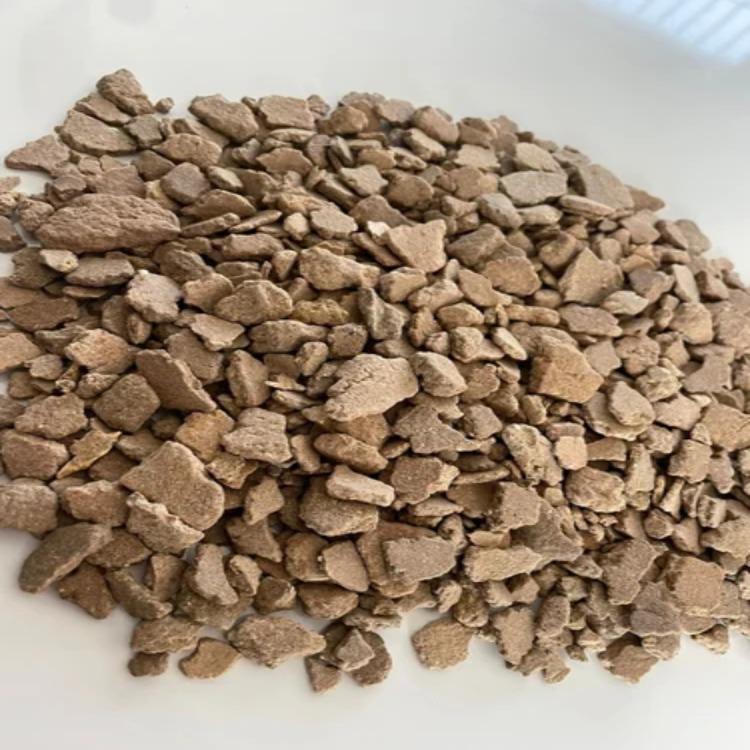
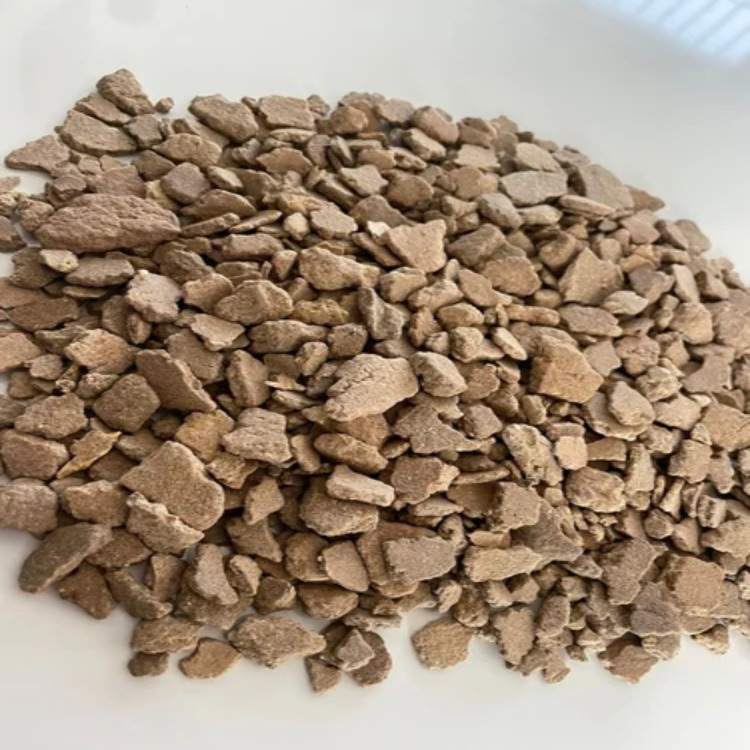

Price:
- 50
- 100
- 200
- 250
- 500
- 1000+
More Products in De Oiled Category
De Oiled Sunflower Cake
Price 18.0 INR / Kilograms
Minimum Order Quantity : 10000 Kilograms
Refined Type : Fractionated Oil
Usage : Commercial
Purity : High
Cultivation Type : Common
 |
NU-CHEM OILS (P) LTD.
All Rights Reserved.(Terms of Use) Developed and Managed by Infocom Network Private Limited. |
 Send Inquiry
Send Inquiry Send Inquiry
Send Inquiry
